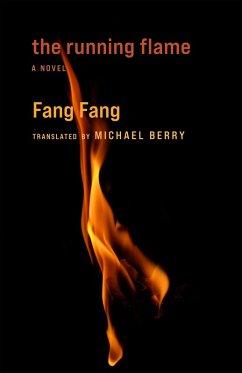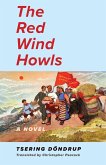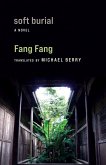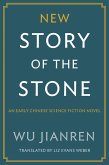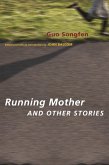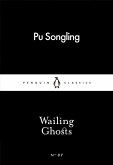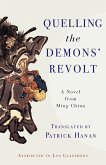"She knew that if she didn't say her piece, that flame would never be extinguished; even after death, it would continue raging."
The Running Flame opens with its protagonist in prison awaiting execution, desperate to give an account of her life. Yingzhi, a girl from the countryside, sees opportunity in the liberal trends sweeping across China. After high school, she joins a song-and-dance troupe, which allows her to travel and opens her eyes to new people and places. But an unplanned pregnancy brings an abrupt end to all her youthful dreams. Trapped in a bad marriage, Yingzhi is driven to desperate measures-and eventually a shocking act of violence.
Fang Fang's explosive short novel inspired widespread social debate in China upon its publication in 2001. In exploring the difficulties of one woman shackled by patriarchal tradition against the backdrop of radical social change, The Running Flame bears witness to widespread experiences of gendered violence and inequality. Fang Fang evocatively captures both the heady feeling of possibility in China's roaring 1990s and its dark underside, as economic reform unleashed social dislocation in towns and villages. The novel draws loosely from interviews the author conducted with female death row inmates in a Chinese prison. Equal parts social critique and domestic horror, The Running Flame is a gripping, propulsive narrative that shines a light on the struggles of poor women in China's countryside.
The Running Flame opens with its protagonist in prison awaiting execution, desperate to give an account of her life. Yingzhi, a girl from the countryside, sees opportunity in the liberal trends sweeping across China. After high school, she joins a song-and-dance troupe, which allows her to travel and opens her eyes to new people and places. But an unplanned pregnancy brings an abrupt end to all her youthful dreams. Trapped in a bad marriage, Yingzhi is driven to desperate measures-and eventually a shocking act of violence.
Fang Fang's explosive short novel inspired widespread social debate in China upon its publication in 2001. In exploring the difficulties of one woman shackled by patriarchal tradition against the backdrop of radical social change, The Running Flame bears witness to widespread experiences of gendered violence and inequality. Fang Fang evocatively captures both the heady feeling of possibility in China's roaring 1990s and its dark underside, as economic reform unleashed social dislocation in towns and villages. The novel draws loosely from interviews the author conducted with female death row inmates in a Chinese prison. Equal parts social critique and domestic horror, The Running Flame is a gripping, propulsive narrative that shines a light on the struggles of poor women in China's countryside.
Dieser Download kann aus rechtlichen Gründen nur mit Rechnungsadresse in A, D ausgeliefert werden.

